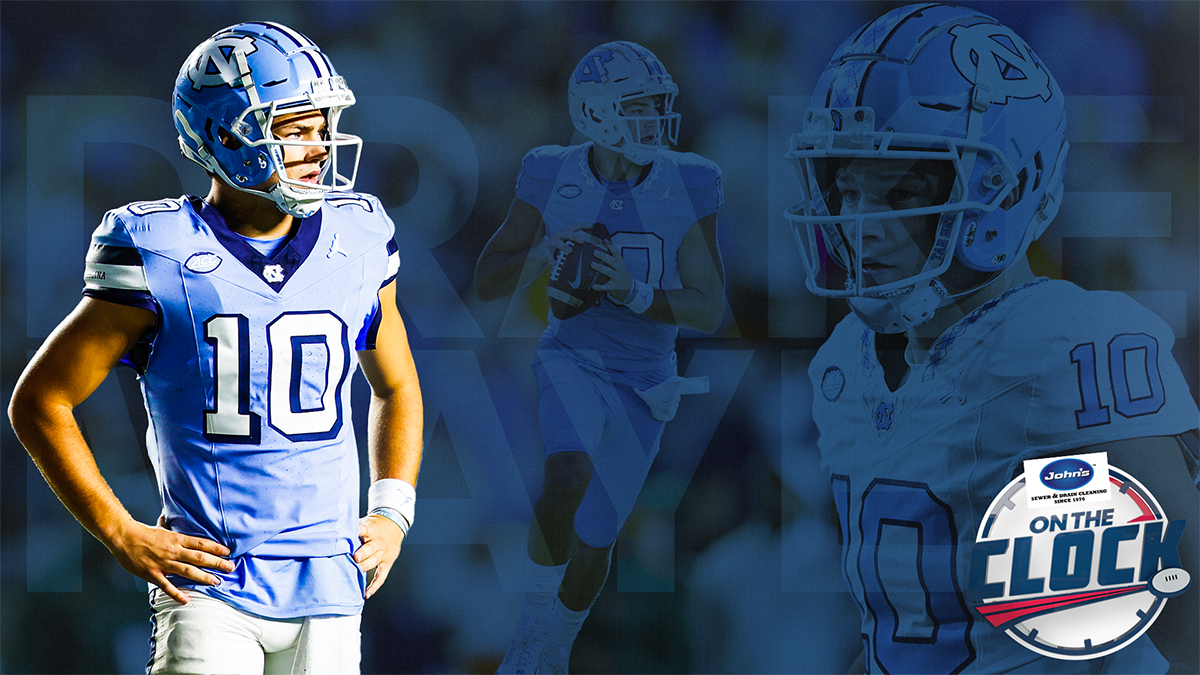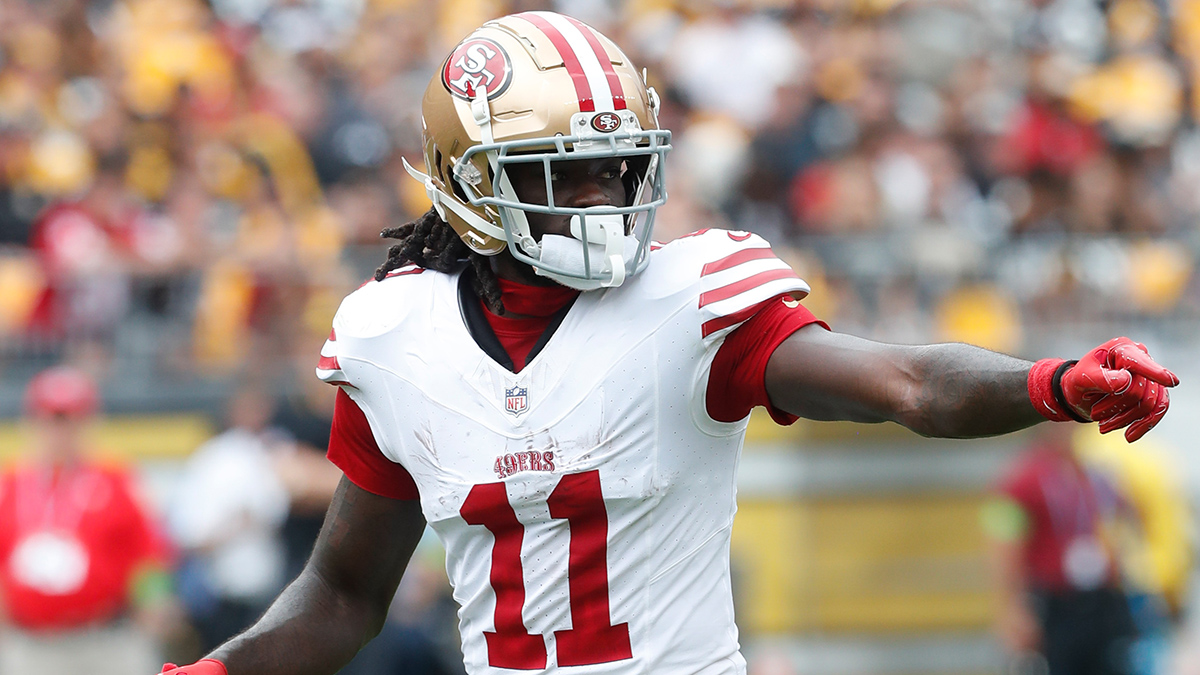
FOXBORO -- Back in March, the Saints were interested enough in Malcolm Butler to bring him in for a visit as a restricted free agent. But they were not interested enough in him to sign him to an offer sheet, relinquishing their No. 11 overall pick in the draft in the process.
If Butler was going to New Orleans, then, it was going to be via trade. But Butler wasn't under contract with the Patriots -- he hadn't yet signed his first-round tender worth $3.91 million -- so it was against league rules for the Saints and Patriots to actually discuss a trade involving Butler.
MORE PATRIOTS
- QUICK SLANTS PODCAST: Jerod Mayo thinks communication, not personnel, was the Pats' problem on defense last week
- KNOW THINE ENEMY: Tom E. Curran on the Saints
- REPORT CARD: Pats don't make the grade against Kansas City
It was a bit of an unusual scenario.
You had the Saints hosting a restricted free agent with no intention of signing him to an offer sheet. You had a player looking for a new contract with no leverage. You had a team interested in making a trade that couldn't legally discuss the possibility of a trade until the player signed his restricted free-agent tender.
The Saints simply used Butler's status as a restricted free agent to meet with him, "put him on the board, find out how much football he knows" in case a trade could be hammered out later, Sean Payton indicated later.
New England Patriots
On Wednesday, during a conference call with Patriots reporters, Payton reflected back on that visit with Butler.
"It’s a short visit and you try to get as much background as you can on a player, get an idea of their personality and how they fit in, what kind of teammate they’d be and just try to spend as much time as you can getting to know the player and how he learns," Payton said. "Regionally, his family is from down around this area and there were a few things that we had a chance to visit about, aside from football. But I think mainly it’s trying to get an idea of what kind of teammate the player is and what are his strengths and weaknesses, just from a mental standpoint."
Butler did eventually sign his tender with the Patriots, of course, and trade talks may have occurred soon thereafter. But it wasn't long before the Saints were able to pick up a younger, more cost-effective corner option in the draft.
They used their No. 11 overall choice to select Ohio State's Marshon Lattimore, who many thought would be drafted sooner. If he had been, perhaps the Saints would have been motivated to deal for Butler. But Lattimore slipped, and suddenly the need for another No. 1 corner in New Orleans became obsolete.
Lattimore started at right corner for the Saints on Monday night and he played in 61 of a possible 65 snaps.
"You never know for sure," Payton said when asked if it seemed like his team might get a deal done with Butler. "You kind of do your homework, just like I’m sure Bill [Belichick] does, and then you communicate and kind of go from there and that’s really it. I think that both teams are trying to help themselves and look closely at the options and we ended up with just the one trade."
That was the Brandin Cooks trade, which sent the Patriots No. 32 overall pick to New Orleans.
Had the draft fallen differently, had the Saints been left without a cornerback option at No. 11, who knows what would have happened to Butler? Or to that No. 32 overall pick, which the Saints kept and turned into starting left tackle Ryan Ramcyzk?
As was the case with the Cooks trade, it's hard to envision a scenario in which the two teams involved might be disappointed with the outcome. The Saints ended up with cornerstone pieces in the draft, addressing two positions of need. The Patriots, meanwhile, got a No. 1-caliber corner for one season at the low, low price of $3.91 million.
Not a bad deal for either side.


